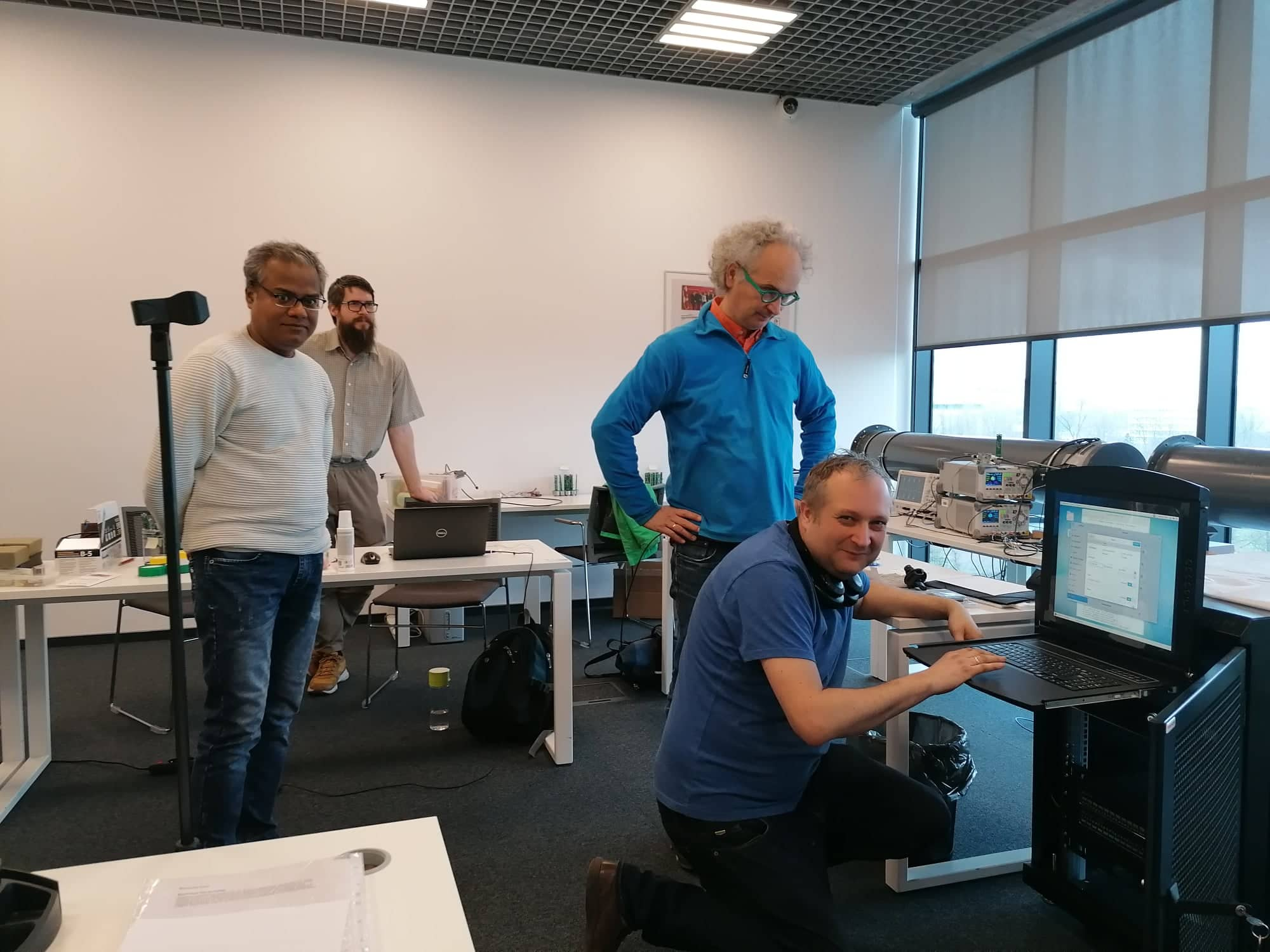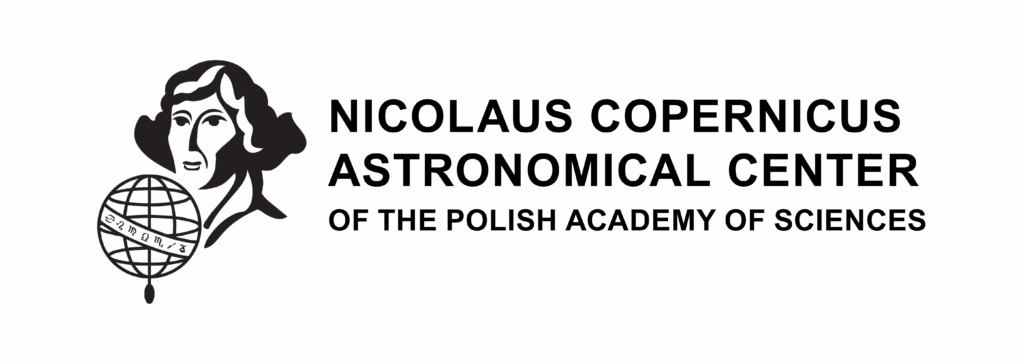The seismic sensors group (led by Prof. Tomasz Bulik) activities revolve mainly around the gravitational waves theme of the Astrocent project. A detection of gravitational waves in 2015 was a great achievement and led to the opening of gravitational wave astronomy. The advancement of this new branch of particle astrophysics hinges on development and improvement of detectors. The quality of the data is related to monitoring and compensating for a variety of sources of noise. The seismic noise, apart from shaking the test masses in the interferometers, is also a source of the Newtonian – or gravity gradient – noise. This type of noise is due to fluctuations of the local gravity by seismic or sound waves in the medium surrounding the detector.
Group works with the VIRGO Collaboration, and is a part of the emerging Einstein Telescope (ET) project. Scientists work on designing and optimizing the performance of standalone seismic sensors for monitoring the future ET sites. They are also involved in work related to monitoring the infra sound field in the vicinity of gravitational wave detectors.
The studies of a seismic field for the ET involve designing and setting up underground as well as on-the-ground sensor networks. Currently researchers work on ultrasensitive sensors with the aim to build the hardware that is extremely reliable at the same time. This means that they work on projects and applications involving mechanical and electrical engineering, geophysics as well as data analysis and data mining.







